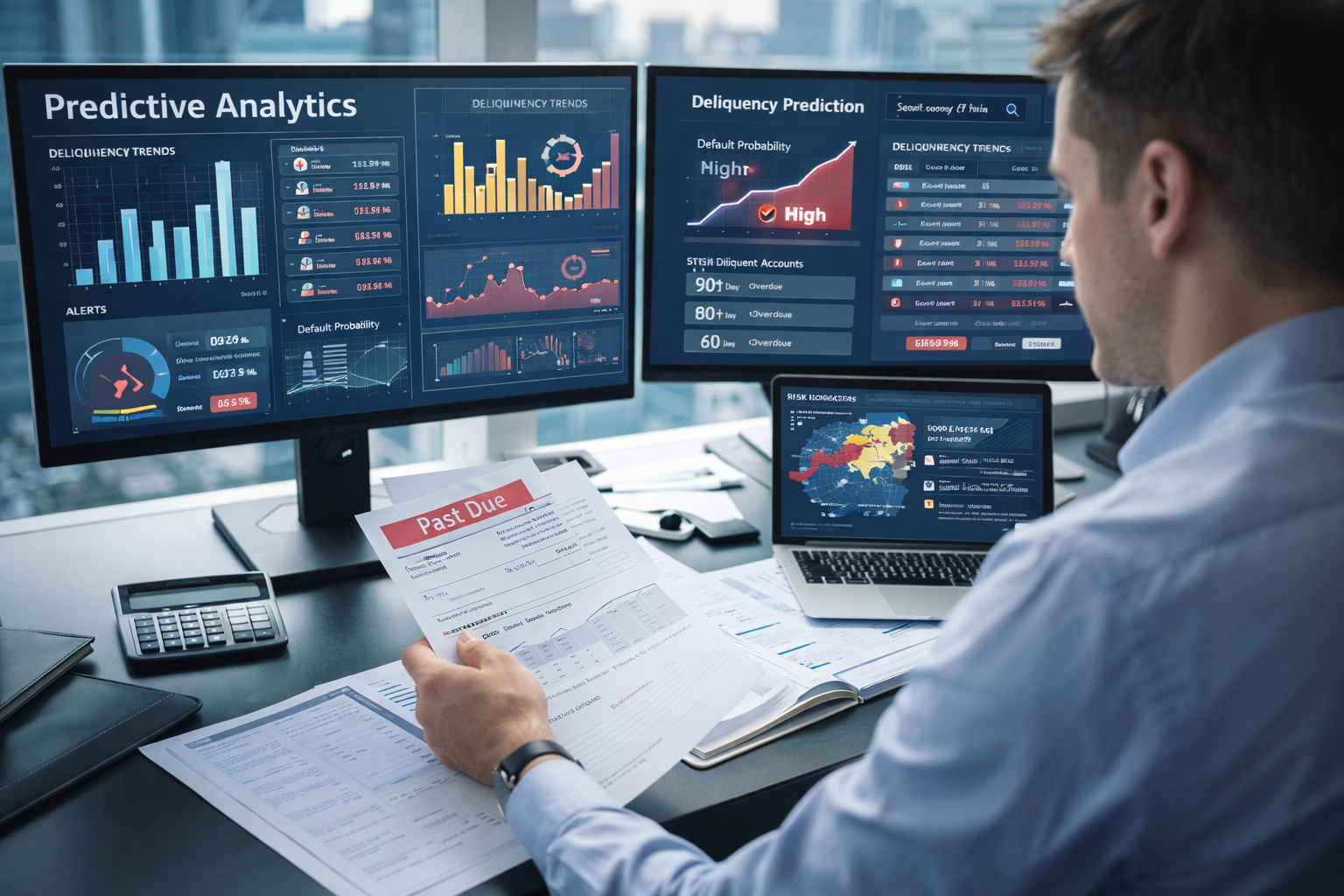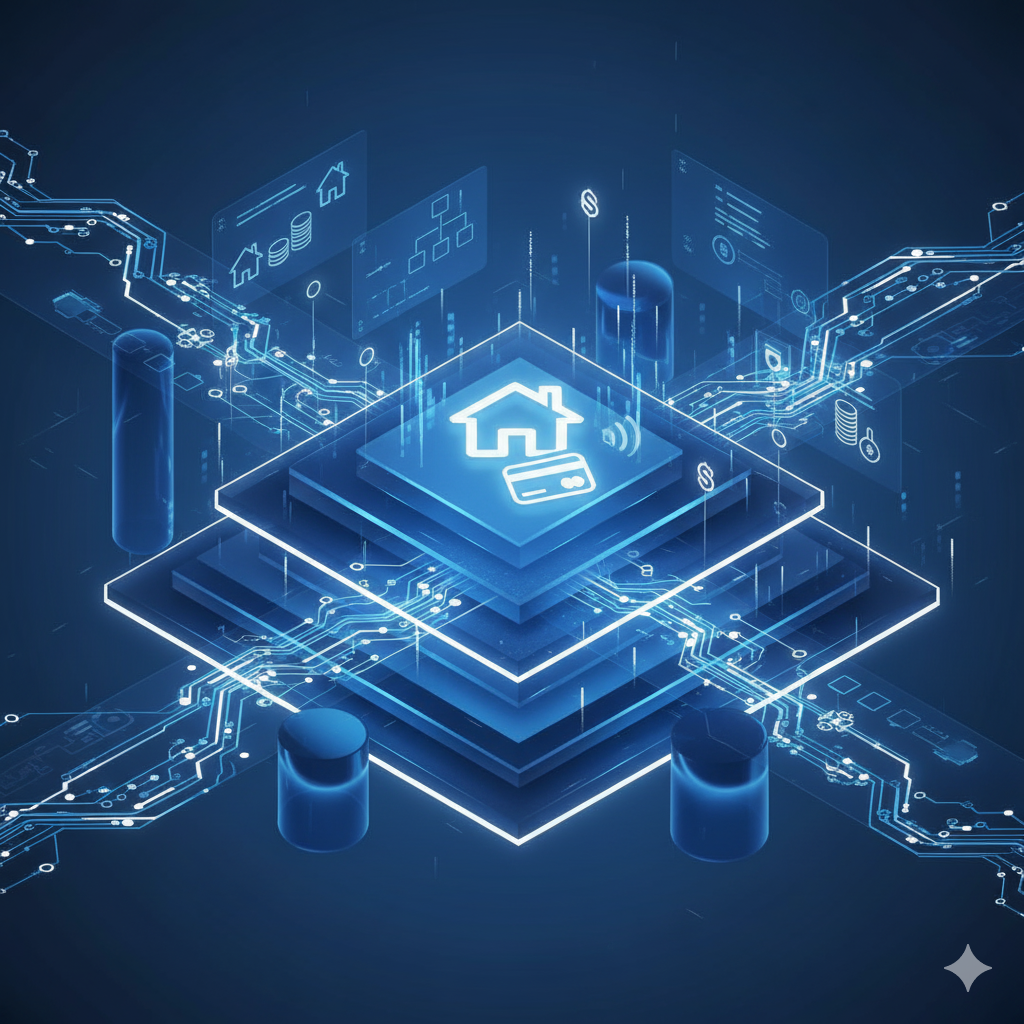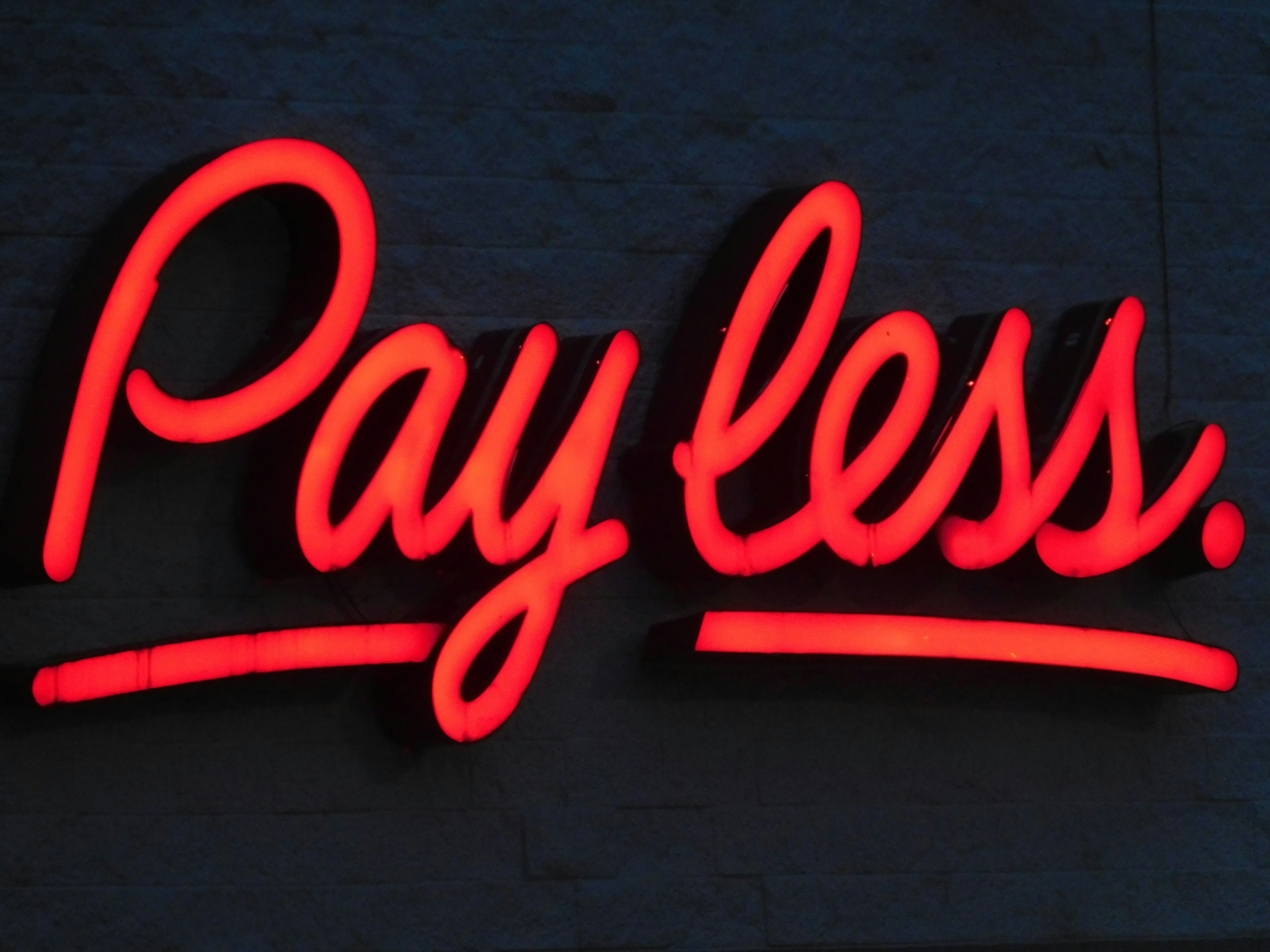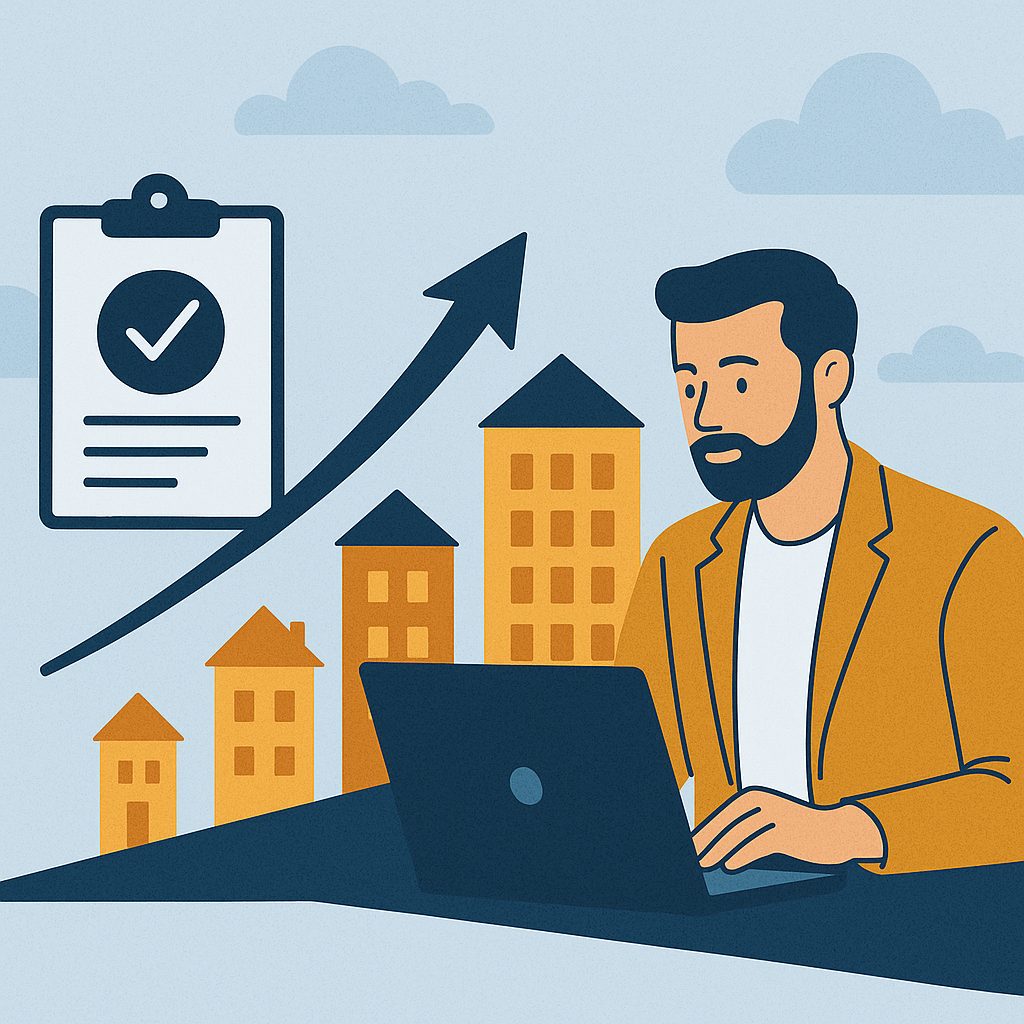Property Management
Over the years, the world has become increasingly fast-paced and digitally driven, making property management increasingly complex. Based on data from the US Census Bureau, more than 40% of renters allocated over 30% of their income to housing costs from 2017 to 2021, emphasizing the need for streamlined industry management solutions.
Fortunately, modern property management software has revolutionized how we manage properties, making tasks more manageable and efficient. Whether overseeing a small apartment complex or a vast property portfolio, the appropriate software can be a game-changer.
So, what are the essential property management software features to look for? We've compiled a comprehensive list of the top must-haves:
Application Processing and Tenant Screening
Application processing is a critical property management software feature that automates collecting rental applications from prospective tenants. The processing feature allows property managers to gather the necessary information about potential tenants efficiently, cutting down the manual data entry workload. Additionally, it facilitates convenient online fee payments, ensuring a seamless experience for both the manager and the applicants.
Tenant screening is an invaluable tool that aids property managers in conducting comprehensive background checks on prospective tenants. Confirming a tenant's credit, criminal, and rental history is crucial to guarantee their reliability and on-time rent payment. An effective tenant screening feature can efficiently expedite this procedure, safeguarding property managers from potential legal liabilities and financial setbacks.
Online Leasing
Online leasing is a crucial part of property management software. It modernizes leasing, making things easier for property managers and tenants. With this feature, you can create, sign, and store lease agreements online, avoiding the hassle of paper documents that might get lost. Plus, it often includes ready-to-use lease templates that follow local and state laws, ensuring legal agreements.
Tenant Portal
A tenant portal is an online hub for tenants to connect with property managers. It lets them pay rent, request maintenance, renew leases, and chat with managers from their devices. This feature ensures smooth communication, boosts service quality, and tenant happiness, which is key to property management success and profit.
Online Rent Payment
Online rent payment lets tenants pay easily and securely, ensuring on-time payments. Tenants can schedule automatic payments, preventing late or missed payments. For property managers, it automates rent tracking and collection, reducing administrative work and errors.
Renters Insurance Integration
Renters insurance integration in property management software helps tenants buy and manage insurance easily. It costs around $174 annually and covers belongings worth $26,000 to $38,000 (as of 2019). This integration simplifies the process for tenants and provides real-time property insurance updates. It's essential for risk management, ensuring financial protection in unexpected situations.
Violations Tracking
Violation tracking in property management software is essential for monitoring tenant actions that break rental terms, like late payments, unauthorized changes, noise, or property neglect. It automates incident logging, notifies tenants, and applies penalties when needed.
Maintenance Tracking
Maintenance tracking is a vital property management software feature. When a resident reports an issue, the software logs it, creates a work order, and notifies the maintenance staff. You can update it in real-time, keeping a clear record of all maintenance.
Marketing Integration
According to Act, using marketing automation tools increases lead engagement and aligns sales and marketing efforts by 451%. These tools can also boost lead quantity by 80%.
Marketing integration allows property managers to advertise vacancies and attract tenants efficiently by connecting with marketing platforms. It automates property listing posts online, saving time and reducing errors.
Staff Training
Staff training in property management software helps educate and improve property management teams. It provides structured modules and resources, including tutorials, videos, and user manuals. It also offers ongoing support and updates for new features.
Document Management
Document management is a centralized system to store and organize essential documents like leases, tenant applications, and maintenance records. It prevents misplacing documents and usually includes version control for using the latest information.
User Permission
User permissions in property management software control who can access, edit, or delete data. It maintains data security and prevents unwanted changes. Permissions can be set differently for owners, managers, and tenants, allowing access to relevant information while protecting sensitive data.
Accounting and Reporting Capabilities
Lastly, accounting and reporting features help users track, manage, and report financial transactions and property expenses. It includes rent collection, expense tracking, and budgeting.
Reporting allows users to generate accurate reports on KPIs like tenant arrears, property vacancies, maintenance costs, and income per property. It's crucial for planning and forecasting, helping property managers and owners identify trends and growth opportunities.
In conclusion, property managers should select software with comprehensive features to excel in this competitive field. To discover how ExactEstate can centralize and streamline your operations on a single platform, schedule a call with us today or book a demo.










